Do you love spending time outdoors and being near the water? Do you dream of catching your own dinner and bringing it home to cook up a delicious meal? If so, then you may want to consider becoming a fisherman! It’s a great way to enjoy nature while also providing for yourself and your loved ones. But before you can start reaping the rewards of this fulfilling career, there are some things that you need to know. In this blog post, we will discuss the basics of becoming a fisherman and give you some tips for success.
Do you need a license to become a fisherman?
In order to become a fisherman, you will need to obtain a fishing license. Depending on the state that you live in, the requirements for obtaining a license may vary. In some states, you may be able to get a license by taking a short test or completing an online course. Other states may require that you attend an in-person fishing class. Be sure to check the requirements for your state before beginning the process of obtaining a license.
Get a fishing boat
In addition to a fishing license, you will also need to have access to a boat. If you do not own a boat, you may be able to rent or lease one from a local marina. You will also need to make sure that your boat is equipped with the proper safety equipment, such as life jackets and flares. You can also check a reliable fishing boat buying guide online to help you make the right decision and get the best value for your money. Getting a good boat is important because it will make your fishing trips more enjoyable and productive. For instance, a good fishing boat should have enough storage space for all of your gear, be comfortable to ride in, and be able to navigate in different types of water.
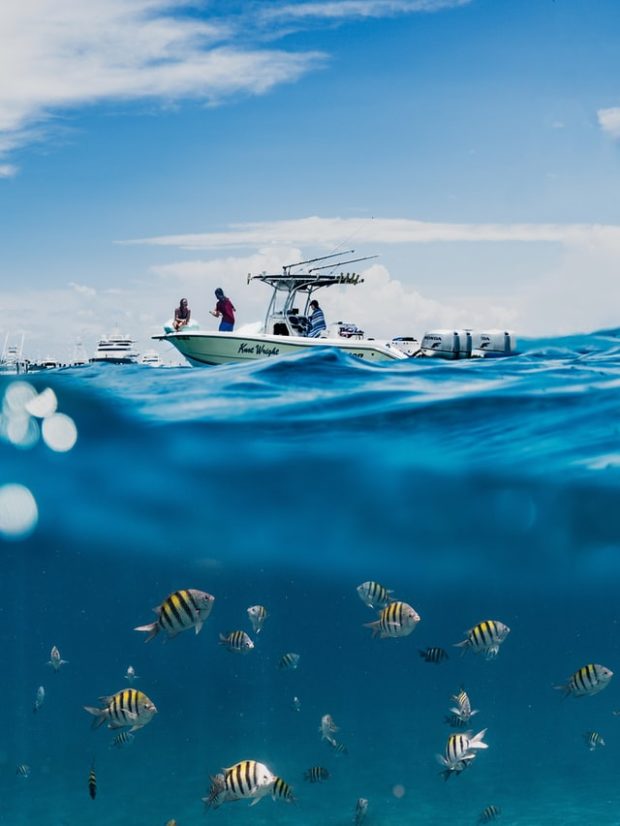
Get the necessary boat supplies and gear
Once you have a boat, it’s time to stock it with the supplies and gear that you’ll need for fishing. This includes items such as bait, tackle, nets, and ropes. You may also want to consider investing in some fish finders and GPS devices. These can help you locate the best fishing spots and avoid areas where there are no fish. You can find all of the supplies and gear that you need at your local sporting goods store or online. For instance, Amazon offers a wide variety of fishing supplies and gear.
Check the regulations in your state or country
Now that you have your license, boat, and supplies, you’re ready to start fishing! Be sure to check the regulations in your state or country to make sure that you are fishing in a legal area and using the proper gear. For instance, some states have size and catch limits in place to protect certain fish populations. In addition, you may need to use special gear when fishing in certain areas, such as fly-fishing gear when fishing in a river.
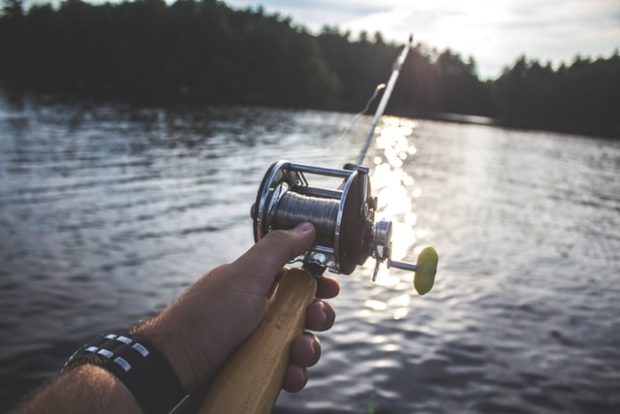
Start small and learn as you go
If you’re just getting started as a fisherman, it’s important to start small and learn as you go. This means fishing in smaller bodies of water and gradually working your way up to larger lakes and rivers. It’s also a good idea to fish with someone who is more experienced than you are. They can teach you the ropes and help you avoid making costly mistakes. Furthermore, there are plenty of resources, such as books, magazines, and online forums, that can help you learn more about fishing.
Get the proper training
If you want to become a professional fisherman, you will need to get the proper training. This includes completing a fishing course or apprenticeship. Once you have the necessary training, you will be able to start your own business or find employment with a fishing company. In addition, you may need to get a captain’s license if you plan on operating a charter fishing business.

Now that you learned the requirements, let’s check some useful fishing tips that will make your fishing experience more fun.
-Wear the proper clothing:
When you’re out on the water, you’ll be exposed to the elements. Be sure to dress appropriately for the weather conditions. This means wearing clothes that will keep you warm in the winter and cool in the summer. In addition, you should wear shoes that are comfortable and provide good traction.
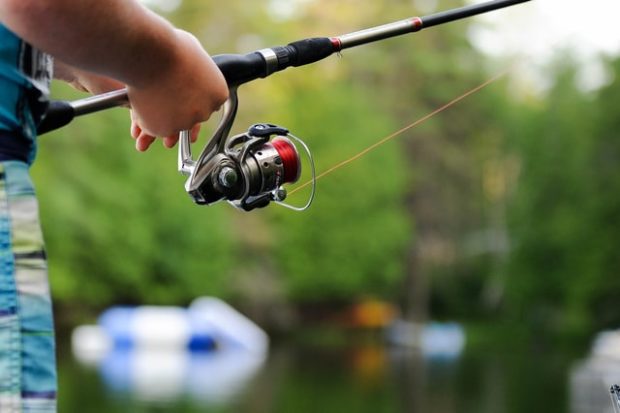
-Bring the right gear:
In addition to clothing, you’ll also need to bring along the right fishing gear. This includes items such as a rod, reel, bait, and tackle. If you’re not sure what to bring, you can always ask for advice at your local sporting goods store.
-Choose the right bait:
The type of bait that you use will depend on the fish that you’re trying to catch. For instance, if you’re fishing for bass, you’ll want to use a different bait than if you were fishing for trout. You can find information on the best baits to use in your area by talking to local fishermen or by doing a bit of research online. In addition, you can always experiment with different types of bait to see what works best.
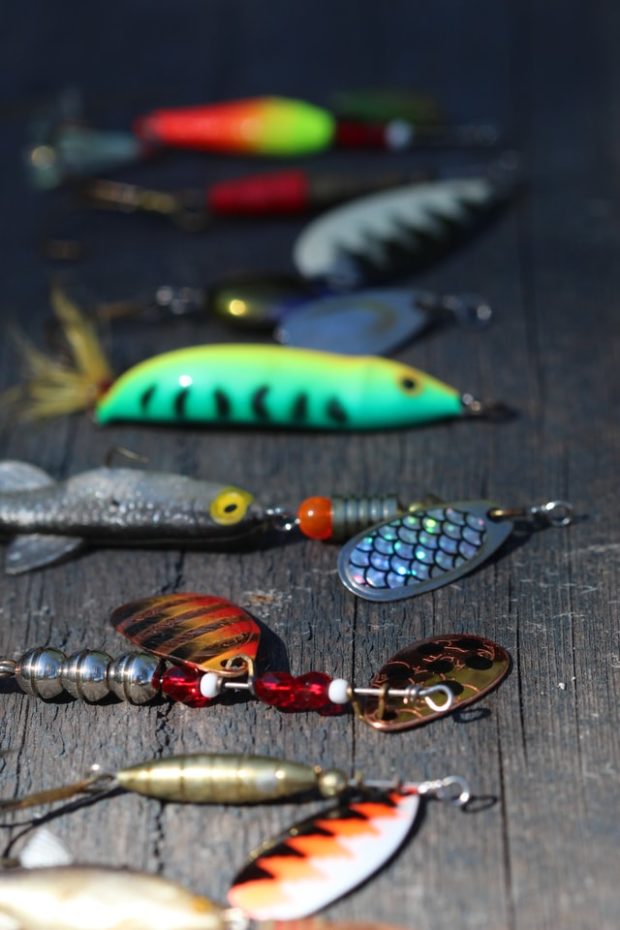
-Know where to fish:
One of the most important aspects of fishing is knowing where to fish. This means finding areas where there is a lot of fish. You can ask around for advice or look for information online. In addition, you can use a fish finder or GPS device to help you locate the best fishing spots.
-Be patient:
Fishing takes patience and perseverance. You may not catch anything on your first try, but don’t get discouraged. Keep at it, and you’ll eventually be rewarded for your efforts. Don’t forget to have fun and enjoy the outdoors!
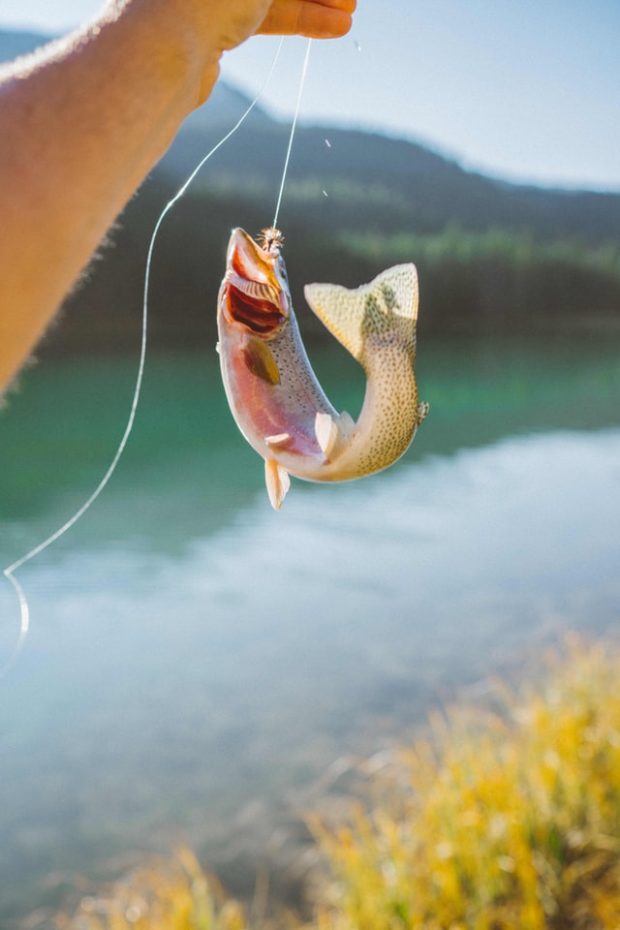
If you’re looking to get into fishing, it’s important to do your research and learn the basics. This article provides a guide on how to become a fisherman, including tips on what gear to bring, where to fish, and how to be successful. Start small and gradually work your way up to larger bodies of water. Get the proper training if you want to become a professional fisherman. Be patient and have fun!
Now that you’ve read this guide on how to become a fisherman, it’s time to put your knowledge into practice. Get out there and start fishing today! Who knows, you might just end up loving it. Thanks for reading!
The post Want To Become A Fisherman? Follow These Guidelines For Success appeared first on YourAmazingPlaces.com.


No comments:
Post a Comment